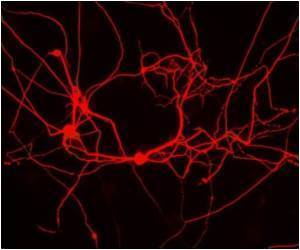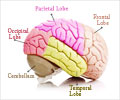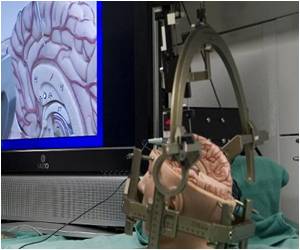In a new research by Japanese scientists, monkeys were shown a number of images representing various glosses and the responses of 39 neurons were measured using microelectrodes.
In a new research by Japanese scientists, monkeys were shown a number of images representing various glosses and the responses of 39 neurons were measured using microelectrodes. This new study found that a specific population of neurons changed the intensities of the responses according to 3 perceptual parameters - contrast-of-highlight, sharpness-of-highlight or brightness of the object.
The research showed that these are parameters used when the brain recognizes a variety of glosses. This research published in the
Journal of Neuroscienceal also found that different parameters are represented by different populations of neurons.
The gloss of an object surface provides information about the condition of that object. For instance, whether it is wet or dry, whether food is fresh or old. Several gloss-related physical parameters such as specular reflectance and diffuse reflectance have been described and used in computer graphics so far. However, the parameters used when neurons respond to gloss have not yet been found.
Source-Eurekalert











